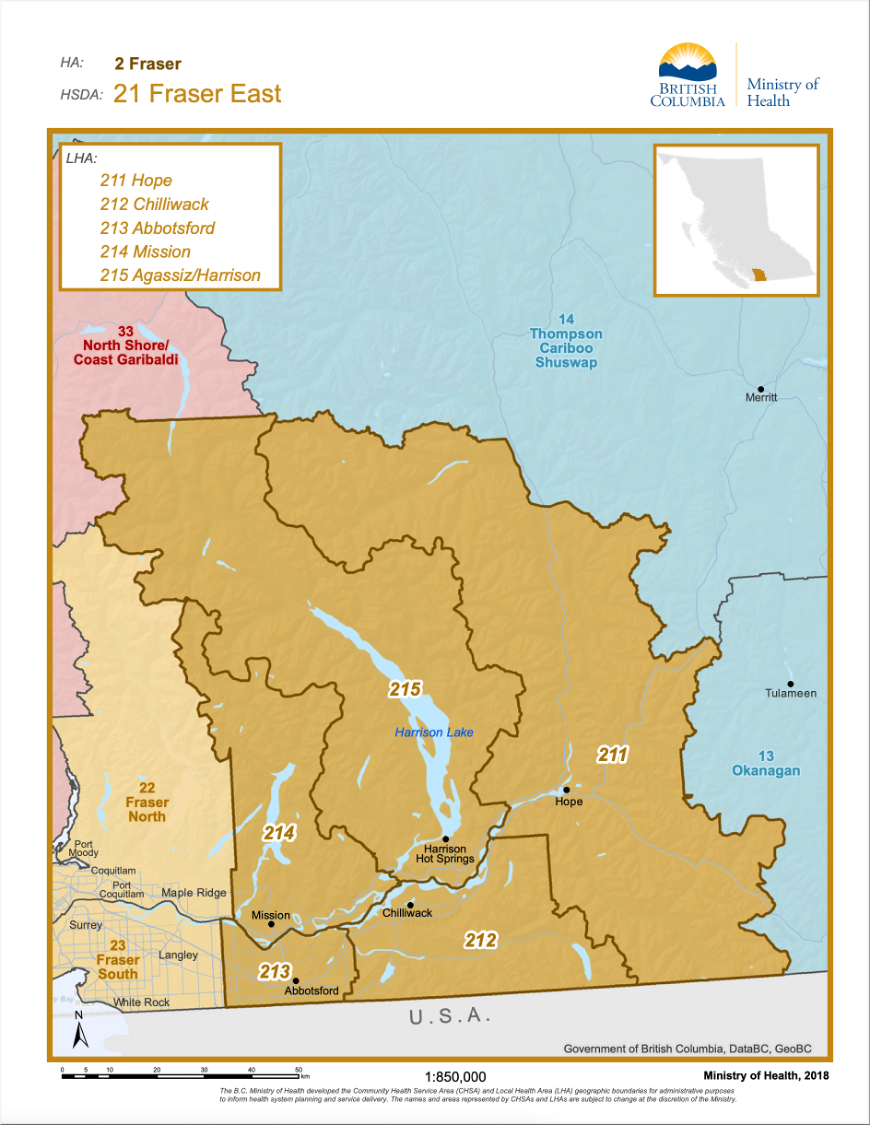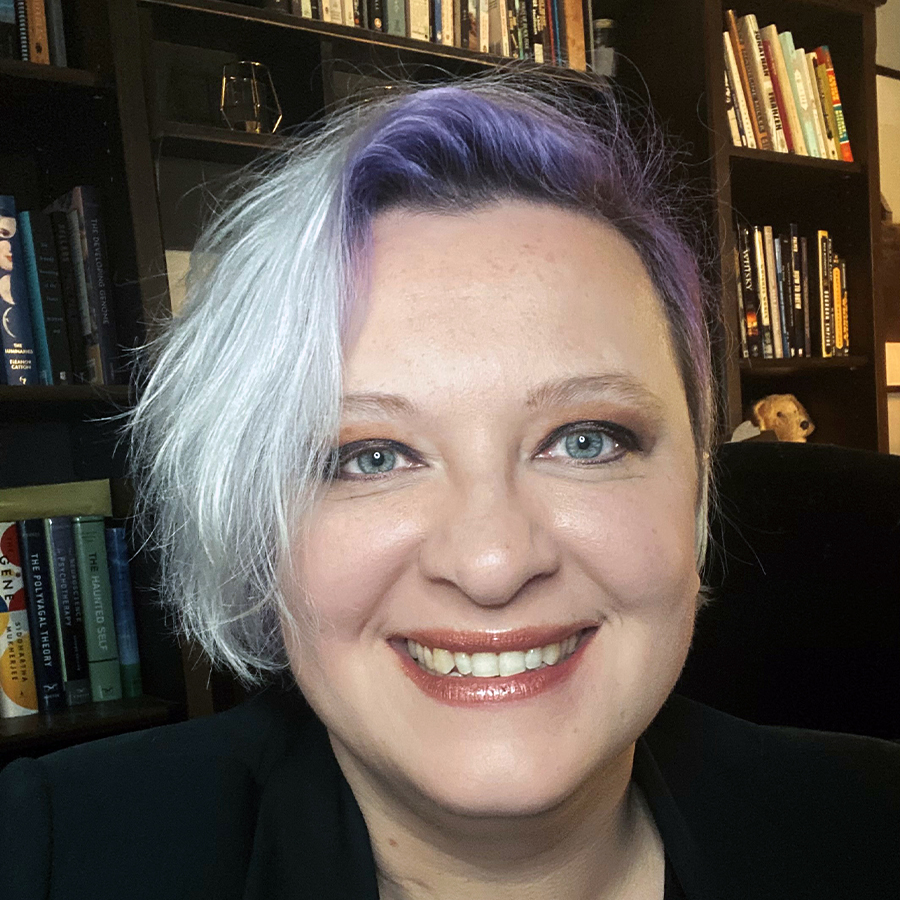
In 2016, B.C.’s Provincial Health Officer declared a public health emergency in response to the significant number of drug-related overdoses and deaths. Overdoses continue to be on the rise in the Fraser Valley, which is largely attributed to the toxic drug supply. In 2021, benzodiazepines were noted in more than half of the illicit drug toxicity deaths in this area, along with other substances including fentanyl.
Family members of people who use drugs (PWUD) are vital, yet often overlooked, supports whose presence can help prevent overdose (OD) deaths, especially for people who often use drugs alone. Living with addiction and its impacts is challenging, and even more so in the absence of accessible, meaningful, effective, and timely supports for PWUD and their loved ones, and it can take a toll on peoples’ relationships.
In an attempt to equip PWUD and their loved ones in the Fraser East region of B.C. with the information, skills, and connections they need to foster resilient relationships, Advancing Health Associate Director Dr. Amy Salmon, Advancing Health Senior Project Manager Jennifer Hawkins, and Fraser Health Medical Health Officer Dr. Maulik Baxi are co-leading a new CIHR-funded project titled ‘Family Matters: Engaging Loved Ones to Prevent Overdose Deaths in Semi-Urban and Rural Communities.’ The project team also includes Advancing Health Scientists Drs. Amanda Slaunwhite and Bohdan Nosyk, Advancing Health Research Associate Dr. Velma Mockett, and Pacific Community Resources Society Director Dr. Steven Esau.
Family Matters
Prior to starting this project, Dr. Salmon and team worked on the Fraser East Overdose Response project, which used community-based participatory action research (CB-PAR) to understand why and how people decide to use drugs alone. Through conversations with PWUD, the team learned that those who used alone did so in response to their past and present personal, social, and structural circumstances. They had experienced shame, stigma, and embarrassment, and felt like they needed to protect their privacy and relationships.
“I didn’t want other people to know. I didn’t want my family to know, a lot of my friends didn’t know,” explained one participant.
Family, friends, and other loved ones can be vital supports for PWUD in times of crisis. Not only are they someone who can be relied upon in times of need, but they can also act as a connection to external support services. However, it is important to acknowledge and respond to the stress and strain that support people experience in their own right. While stress alone can be a great burden to someone’s mental health, the Fraser East Overdose Response Project showed that accumulating stress can drive an emotional and physical wedge between PWUD and their loved ones, causing more PWUD to do so alone. When PWUD are isolated while using (often out of concern for their loved ones’ well-being), their risk of death due to unwitnessed OD increases.

“PWUD and their families, friends, and other loved ones deserve compassionate care from their communities and from services providers. Often times, when loved ones seek support in their own right, they find closed doors, long waiting lists, and a lot of shame, blame, and misunderstanding. This needs to change, and that’s what Family Matters is all about,” said Dr. Salmon.
Like many regions, in the Fraser East communities of Abbotsford, Mission, Chilliwack, Agassiz–Harrison, and Hope there is an unmet need for supports available to help people caring for a loved one with an addiction. This includes the need for health and social care services, as well as informal supports through meaningful community connections to friends, neighbours, workplaces, interest groups, or faith communities.
“We are finding that individuals caring for someone at risk of fentanyl poisoning represent a relatively small portion of people accessing the few substance use services available in Fraser East,” explained Ms. Hawkins. “In addition, our community engagement work is suggesting that loved ones of someone at risk of fentanyl poisoning don’t have the information they need about the limited services that are available. In addition, some of these services for Fraser Health are based in Surrey and reportedly don’t get much uptake in the Fraser East.”
Most interventions developed in response to the OD crisis have been established and tested in urban settings such as Vancouver’s Downtown Eastside, so they may not always be suitable for people living in more rural areas. The new Family Matters project aims to overcome this and develop a relevant, accessible, and supportive intervention for people living in rural and semi-urban parts of B.C.
“We know that living with addiction, whether its your own or with someone you love, can lead to tremendous isolation. The idea behind the project is that enhancing support and building relationship resilience between PWUD and their loved ones could help mitigate crisis points more effectively by helping people stay connected in circumstances where PWUD and their loved ones may otherwise become disconnected,” said Dr. Salmon. “This approach may also help PWUD feel more supported and less inclined to isolate while using drugs, ultimately minimizing the risk of OD from using drugs alone. This could also support those loved ones by equipping them with the information, tools, and connections they need to help the person they care about.”
Working together
The Family Matters research team will collaborate with PWUD, people who have supported a loved one with addictions, community members, clinicians, and decision-makers in health and community care services. Over four years, they will work closely with the community to identify ways to build relationship resilience, and develop and test a pilot intervention to enhance relationship resilience during crisis points.
“Our work to date has employed CB-PAR methodology, which necessitates engaging the community from the very beginning of the design phase and ensures a more place-based response,” said Ms. Hawkins. “Having members of our research team active in the community has enabled truly authentic and powerful community partnerships. In addition, the conviction that we need research partners whose lives are impacted by the issue under study is foundational to CB-PAR methodology. Accordingly, we hired four peer researchers who were deeply engaged in focusing our inquiry, formulating the research question, designing interview guides, refining our protocols, conducting and analyzing our data, validating our themes, and participating in our knowledge translation activities. We are also working on forming a new peer advisory team that will continue to guide and inform our work.”
Through working closely with PWUD and people who have supported a loved one with an addiction, the Family Matters project ultimately hopes to reduce the chance of people using illicit substances alone and subsequently suffering a fatal overdose through fostering supportive relationships with caregivers. The project will recognize and respond to the barriers PWUD face when it comes to using drugs safely, or supporting a loved one who is at risk of OD.
“We hope that, through projects like Family Matters, we can ease some of the stress and strain PWUD and their loved ones feel, and ultimately improve support for PWUD so they never feel like they have to use alone again,” concurred Ms. Hawkins and Dr. Salmon.



